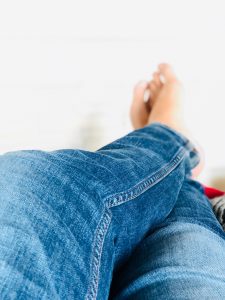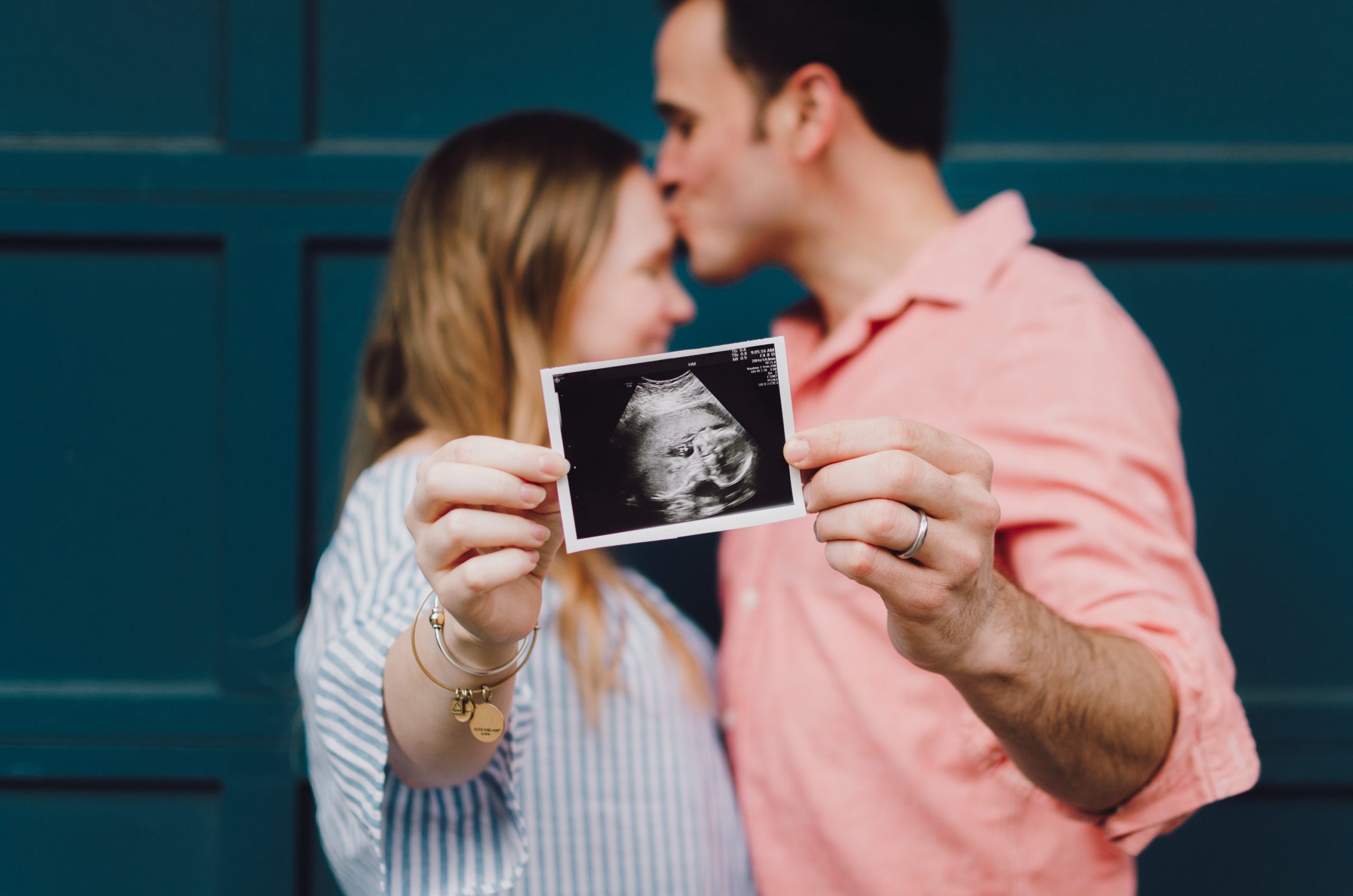Usually in the last trimester of pregnancy some of your complaints will become foot related. Common annoyances include foot swelling, cracked heels, pain (especially under the heel and arch) and shoes no longer fitting. At Armidale Podiatry, we thought it would be fitting for our podiatrist, Trina, to write a blog post on how pregnancy affects feet while it’s still fresh in her mind!

Ankle and foot swelling during pregnancy
As the uterus grows it presses on blood vessels that return blood from the feet to the heart causing blood flow to be slower. This puts more pressure on the blood vessel walls causing clear fluid in the blood to leak out into surrounding areas – this is the swelling that you see in your ankles and feet. Raised hormone levels during pregnancy also cause the body to keep more fluid than usual and gravity doesn’t help as your ankles and feet are the lowest part of your body when standing and sitting.
Apart from being very uncomfortable another issue caused by foot swelling is that you can be more prone to ingrown toenails. The skin surrounding the toenail gets pushed up against it. If you’re feeling any niggles at the sides of your toenails and you can’t quite reach… this is a good reason to see a podiatrist before an ingrown toenail starts.
My shoes don’t fit!
As your body prepares for birth it releases a hormone to relax the ligaments of the pelvis. This hormone also affects the feet causing the arches to stretch out and lower. Your foot size could go up by half to a full shoe size.
It is important to wear properly fitted shoes that offer support and cushioning and not squeeze your feet into your old faithfuls. A shoe with an adjustable fastening to accommodate your changing foot size is recommended. If your pregnancy is in summer a slip-on shoe with built-in support is highly recommended, such as a Birkenstock or our Archies thongs.
Foot pain during pregnancy
Women often experience heel and arch pain later in pregnancy, this is known as plantar fasciitis. The plantar fascia is a thick gristle band of connective tissue that connects the heel bone and the toes on the bottom of the foot. Plantar fasciitis occurs when there is too much strain on this band. This excess strain comes from the bones of the foot moving apart allowing the arch to flatten because of the release of ligament relaxing hormone mentioned above and the extra weight you’re carrying.
Supportive footwear and in-shoe support, like an orthotic device, can both reduce or eliminate foot pain. We can give you shoe advice specific to your foot type and discuss an orthotic with you if needed. A prefabricated orthotic is a cheaper option that we can use during this time to alleviate foot pain.
Cracked heels and hard skin
Cracked heels might not affect some women until after pregnancy. This is usually because of a combination of mostly being barefoot at home and your skin being drier than usual postpartum.
Underneath your heel bone there is a fatty pad to cushion it. Cracked heels form when the fatty pad splays out putting pressure on the skin around your heel – especially if your skin is dry and not as elastic. This splaying can happen during pregnancy because of the extra weight you’re carrying. Enclosed shoes normally help to hold the fatty pad in place, which is why being barefoot at home can contribute. A podiatrist can tidy your feet up and give you advice on at home foot care.
Pregnancy is a special time full of anticipation about meeting your baby. Your body goes through many changes, and this includes your feet! Don’t let foot problems be a part of your day, we can manage these, so that you can be comfortable during your pregnancy. If you would like to make an appointment with a podiatrist at Armidale Podiatry phone 6771 9142 or book online.
